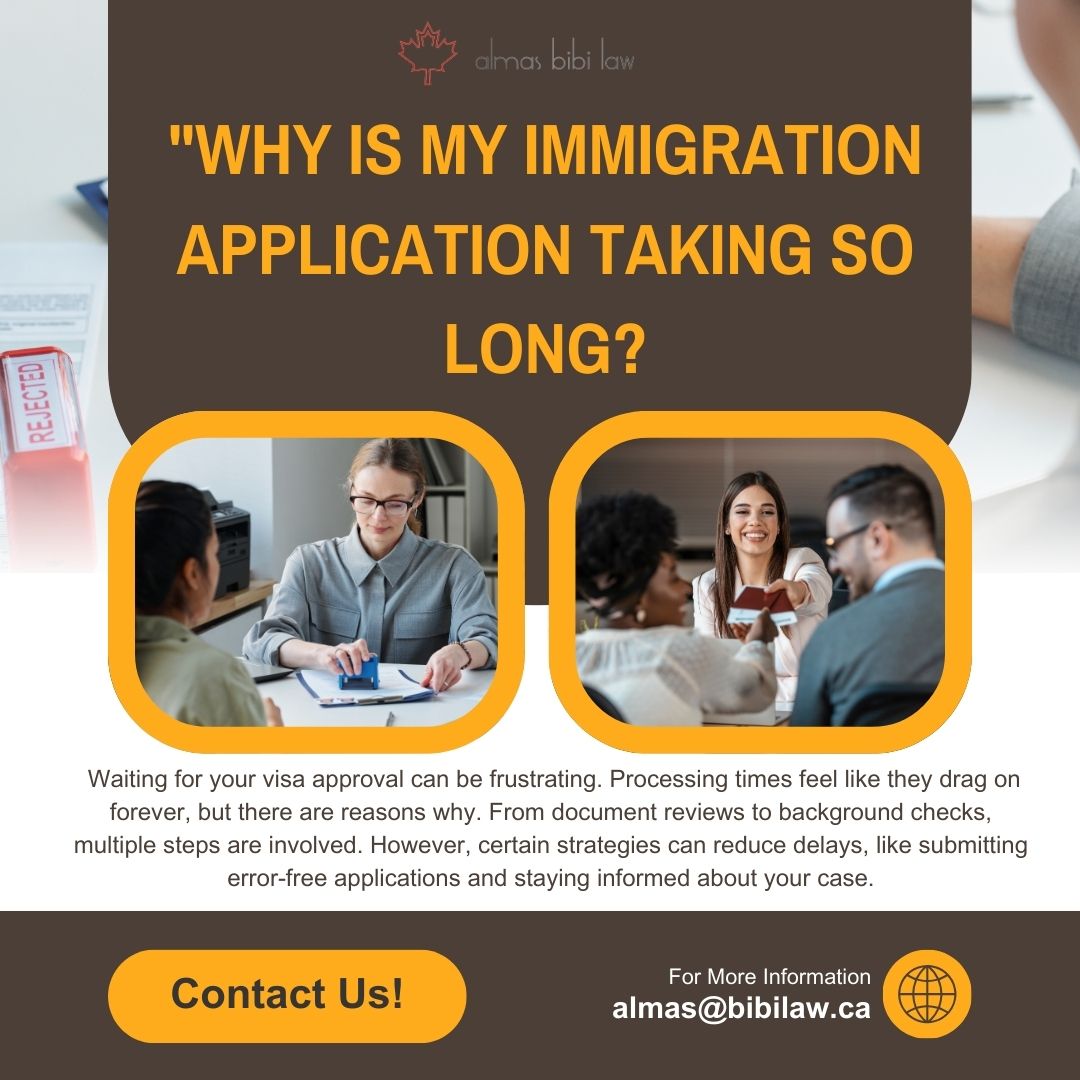
Frustration – Lengthy Processing Times is an issue that affects individuals and businesses alike. Whether it’s waiting for visa applications, legal paperwork, loan approvals, government services, or business transactions, long processing times can create stress, uncertainty, and inconvenience. The delay in getting important approvals or decisions not only affects individuals on a personal level but also impacts businesses, legal proceedings, and financial plans.
If you’ve ever found yourself anxiously checking the status of an application or refreshing your email, hoping for an update, you are not alone. The frustration that comes with waiting for lengthy processing times is a common experience. However, understanding why delays happen, how to manage expectations, and what steps to take can help make the process more manageable.
In this blog, we will explore why processing times are often prolonged, how these delays impact individuals and businesses, and what you can do to reduce frustration and navigate these challenges effectively.

Why Do Processing Times Take So Long?
Processing delays occur for various reasons, depending on the type of application or service in question. Whether you’re waiting for a visa, a legal decision, government approval, or financial clearance, several factors contribute to the slow pace:
- High Volume of Applications – One of the primary reasons for delays is the sheer number of applications being processed. Immigration offices, legal firms, financial institutions, and government agencies often receive thousands of applications daily, making it difficult to process each one quickly.
- Incomplete or Incorrect Documentation – Many applications are delayed due to missing documents, errors in paperwork, or incomplete forms. When officials need to request additional information, the process takes even longer.
- Limited Staffing and Resources – Government agencies and businesses often struggle with staff shortages or lack of resources to handle applications efficiently. This slows down the entire process, causing backlogs that can take weeks or even months to clear.
- Regulatory Changes and Policy Updates – Frequent changes in laws, regulations, or policies can lead to processing slowdowns. For example, immigration policies or financial regulations may change, requiring additional verification steps or new procedures.
- Security and Background Checks – Many applications require extensive background checks to verify identity, security history, or financial records. These checks add extra layers of processing that extend wait times.
- System Errors and Technical Issues – With more organizations shifting to online processing, system failures, glitches, or server overloads can cause delays in updating application statuses.
Understanding these common reasons behind lengthy processing times can help individuals and businesses manage their expectations and take proactive steps to avoid unnecessary delays.
How Do Frustration – Lengthy Processing TimesTimes Affect Individuals and Businesses?
Waiting for important decisions can have serious consequences, especially when timelines are uncertain. The impact of lengthy processing times extends beyond frustration—it can cause financial, emotional, and professional setbacks.
For Individuals:
- Immigration and Visa Applications: Many people apply for visas, work permits, or permanent residency, expecting a smooth process. However, delays in immigration applications can lead to job losses, separation from family, and missed opportunities.
- Legal Cases and Court Decisions: Legal matters, including family disputes, property settlements, and business contracts, are often time-sensitive. When legal paperwork or court decisions take too long, it can cause unnecessary stress and uncertainty.
- Financial Approvals and Loans: Individuals waiting for mortgage approvals, personal loans, or insurance claims may experience financial strain due to unexpected processing delays.
For Businesses:
- Work Visa Delays: Companies that rely on hiring international workers may struggle if employee visas are delayed. This impacts business operations, project timelines, and workforce planning.
- Delayed Contract Approvals: Businesses often rely on contracts and legal agreements to move forward with projects. Processing delays can slow down expansion, hiring, or investment plans.
- Supply Chain Disruptions: Many companies depend on permits, approvals, and customs clearances to operate efficiently. If these processes take longer than expected, businesses face operational setbacks and financial losses.
No matter the situation, the waiting period can create stress, anxiety, and missed opportunities, making it essential to find ways to cope with and reduce processing delays.
Frustration – Lengthy Processing Times Frustration – Lengthy Processing Times
How to Deal with the Frustration of Lengthy Processing Times
Although processing delays are often out of our control, there are several ways to minimize frustration and improve the chances of a faster response.
1. Ensure All Documents Are Complete and Accurate
One of the most effective ways to avoid unnecessary delays is to make sure that all required documents are correctly filled out before submission. Double-checking forms, providing complete details, and ensuring supporting documents are in place can prevent requests for additional information that slow down the process.
2. Track Your Application Status Regularly
Many government agencies and businesses provide online tracking systems to check the status of applications. Regularly monitoring your status can help you stay informed and take action if additional steps are required.
3. Seek Professional Assistance
If you’re dealing with legal applications, immigration processes, or business approvals, working with an experienced legal professional or consultant can make a significant difference. A trusted firm like Bibi Law specializes in handling complex applications and can guide you through the process to reduce delays.
4. Contact the Relevant Authorities
If your application has been pending beyond the expected processing time, consider reaching out to the appropriate authorities. Many agencies provide helplines, email support, or case inquiry options to get an update on delayed applications.
5. Be Patient and Plan Ahead
While frustrating, long processing times are a reality for many people. Instead of letting frustration take over, plan ahead and prepare for delays by applying well in advance and setting realistic expectations.
6. Consider Expedited Processing Options
Some applications offer premium or expedited processing for an additional fee. If time is critical, checking whether faster options are available can be a solution.
Frustration – Lengthy Processing Times Frustration – Lengthy Processing Times Frustration – Lengthy Processing Times Frustration – Lengthy Processing Times Frustration – Lengthy Processing Times
